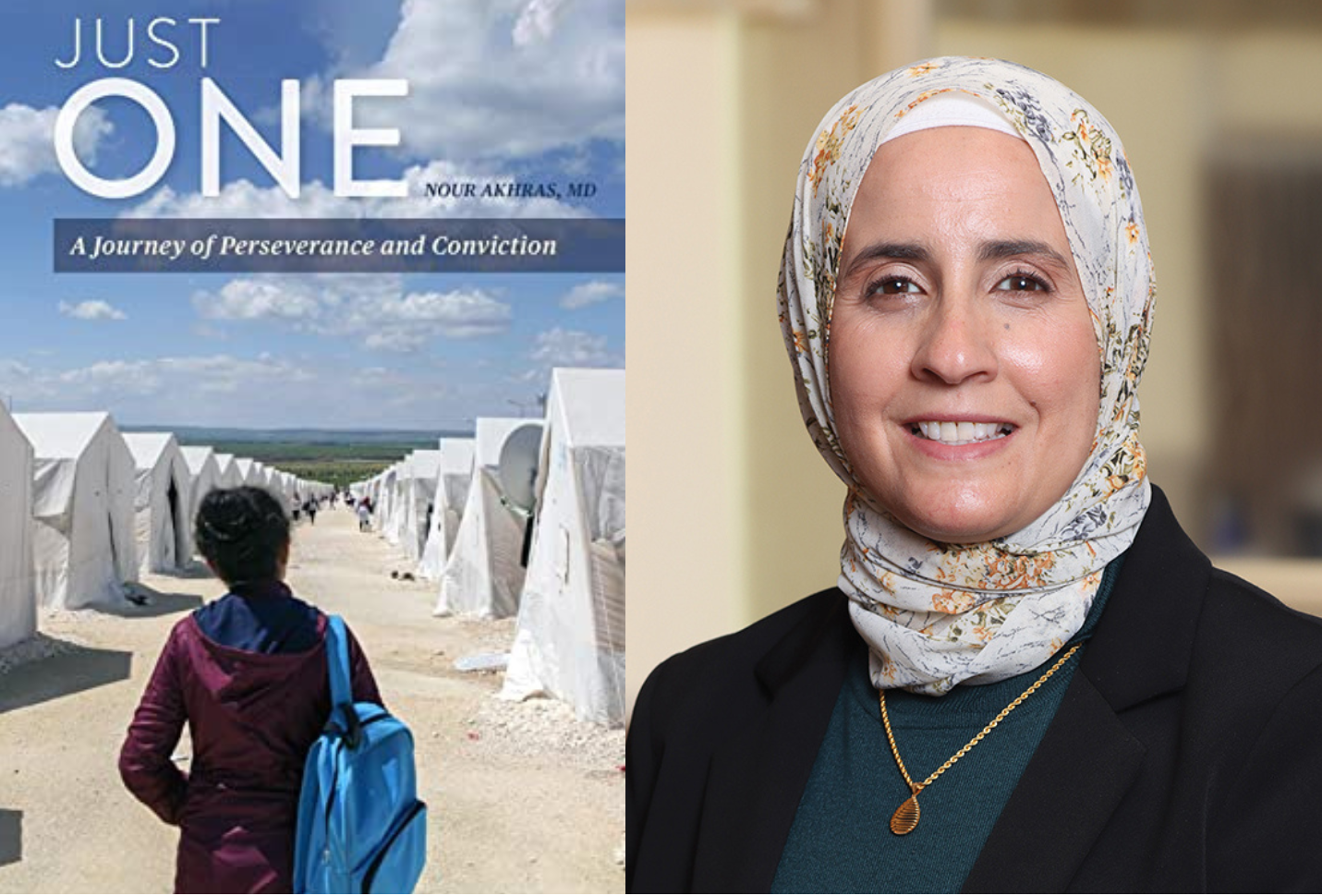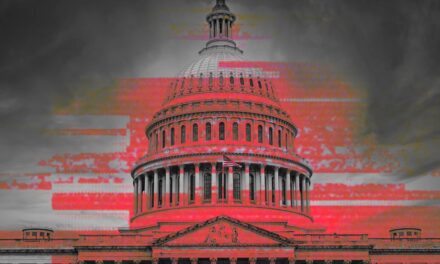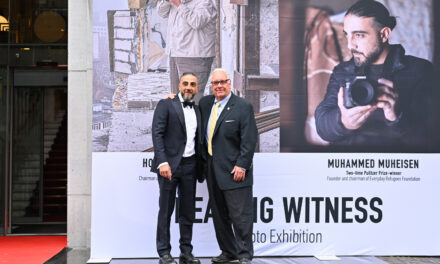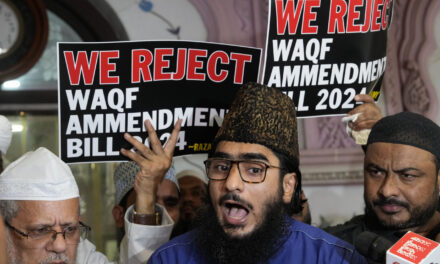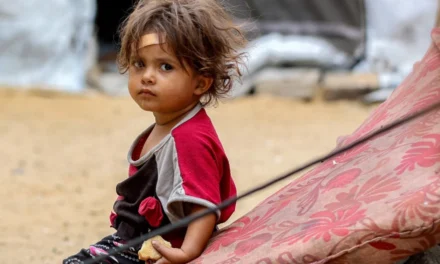Chicago-based pediatric infectious diseases expert, Dr. Nour Akhras, says she wants to highlight and humanize refugee resilience.
What led you on your mission of serving war-torn areas?
I was at a gathering when the war in Syria had first started and the leader of the medical [team] had invited me and said, “We need a pediatrician, would you like to come or will you accompany us on this trip?” I had always thought that I would do something like that, but not when I had such young children and at the time I had two small kids but I did go and that mission really changed my life. Seeing people in such horrendous conditions and always imagining myself in their place.
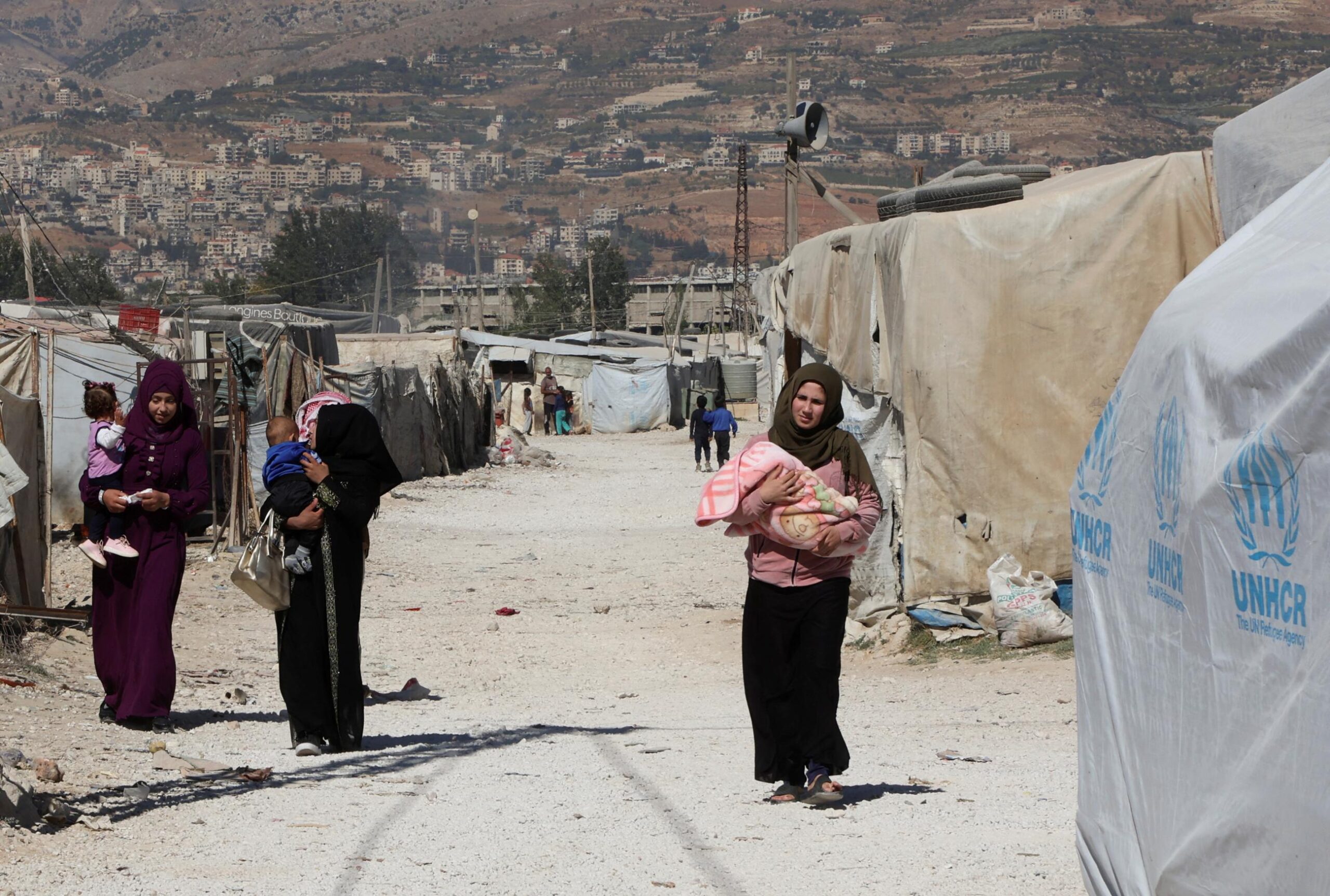
Why was it necessary to document your experience as a doctor serving refugees through your book “Just One: A Journey of Perseverance and Conviction”?
I think a lot of people don’t know what refugees experience. Especially in light of the last five to 10 years where there’s been a real rise in anti-refugee or anti-immigrant sentiments. If you talk to a refugee, then you would know why they left their homes. Nobody leaves the comfort of their homes for a refugee camp unless what they’re experiencing is so horrific. In publishing the book, the whole reason was to shed light on these human stories and to humanize refugees and their experiences as opposed to painting them with one brush that they’re a burden on society. They’re not a burden on society. We should see them as their potential, what potential they can be or contribute to our society. But they can’t live up to their potential if we don’t provide them with safety, security, education and jobs.
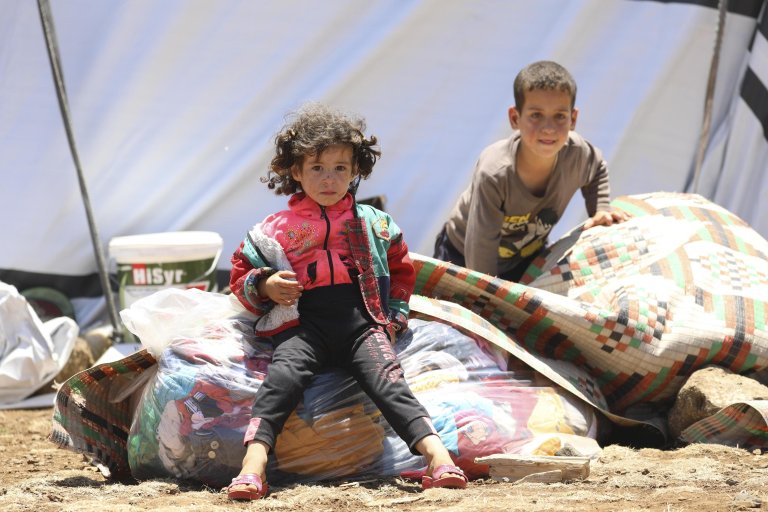
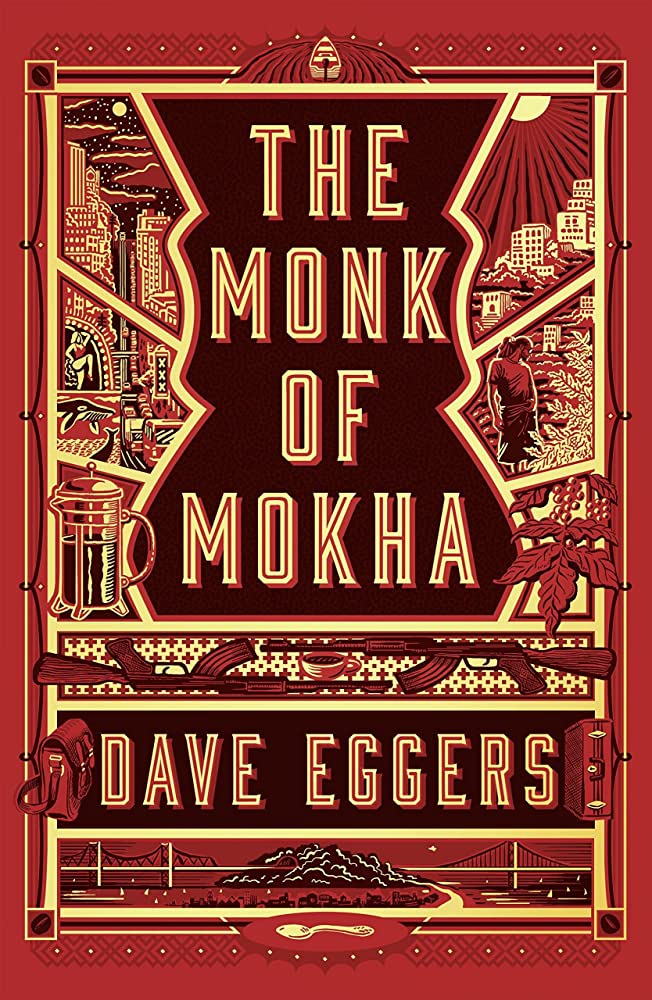
What was the process for writing this book? What challenges did you face?
I started writing back in 2019. I had an experience where I just saw how powerful storytelling is. The famous American author Dave Eggers had written a book about him [Mokhtar Alkhanshali] about the history of coffee and how it came from Yemen and they were doing a book tour. They came through Chicago and so I told my husband ‘Let’s go’. They had a slideshow, and so they were showing pictures of Yemen and Yemeni people, and they talked about the Yemeni war, and I was like, wow, you know, these people didn’t come to this book event. Half of them if not all of them probably would have never been able to identify Yemen on a map. But here they are talking about Yemen and talking about the Yemen experience. And so I thought, Syria. has been going on for a decade now, maybe if I write about it, it’ll go back on people’s radars where people think about it and we can just humanize the experience. The ultimate goal is to find a political resolution so these people can go back home. There are 6 million refugees scattered throughout the world and another five to 6 million who are internally displaced in Syria. And I’m sure all of these people just want to go back home.
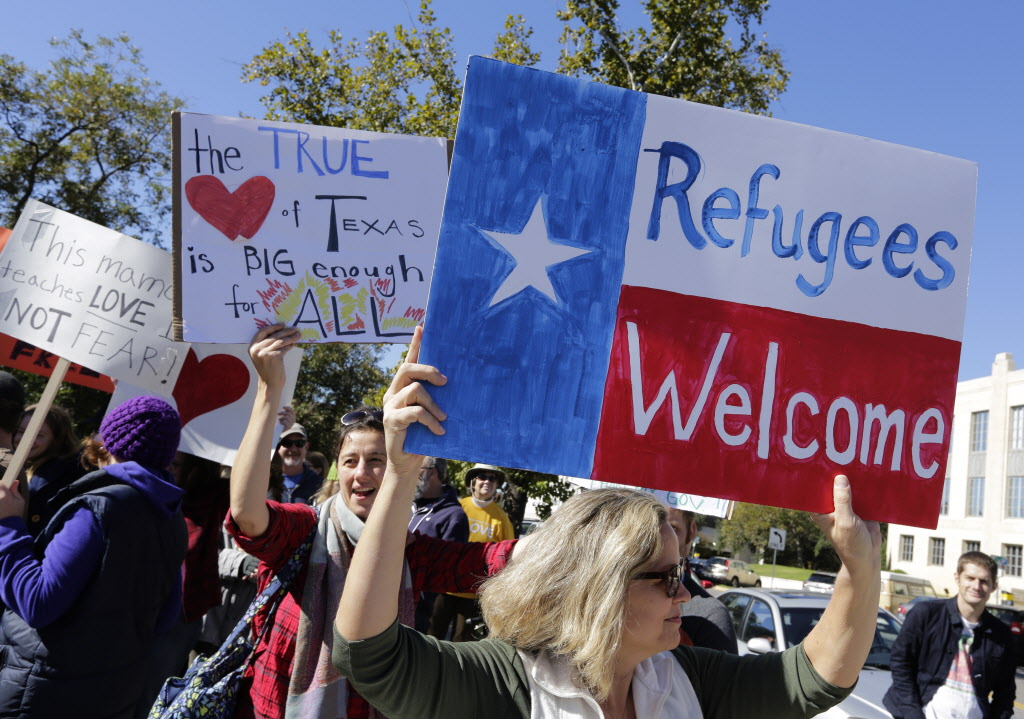
What do you hope to accomplish in publishing your experiences?
I hope to humanize the refugee story, and I hope people can see them as human beings and as hard-working individuals and that they did something that anybody else in their position would do. If we were sitting in our home and all of a sudden barrel bombs started raining down on our homes, we would pick up and move and we would put our kids in a rubber dinghy and cross the sea for safety and security. That’s the number one message.
Then there are the calls to action. You can volunteer with a refugee agency, you can adopt a refugee family, and help them acclimate to your city. You know, little things like teaching them how to use the transit system or the driver’s license or the library, there are so many little things that you can teach someone who just moved to your city and doesn’t speak the language.
You can also donate to refugee agencies and donate to organizations that are working on the ground in Syria or Turkey. Actually, a portion of the proceeds from this book is going to go to med global which is an international NGO that’s working in that area and other disaster areas like Colombia, Venezuela, Bangladesh and Yemen.
Finally, another call to action would be to write our politicians and our representatives to keep borders open to make a humane path to citizenship, especially in terms of Syria, to work on a political resolution so that people can go back home.
By Maya Gayler
